One thousand: That’s approximately the number of instructional hours required of U.S. middle school and high school students each year. Four thousand: That’s approximately the number of hours of digital media content U.S. youths aged 8 to 18 absorb each year. (If you doubt that’s possible, be sure you’re taking...
Get Started for FREE
Sign up with Facebook Sign up with X
I don't have a Facebook or a X account
 Your new post is loading... Your new post is loading...
 Your new post is loading... Your new post is loading...
|

Monica S Mcfeeters's curator insight,
November 17, 2013 9:03 AM
More and more tech articles are appearing about the need for students to have more and more skills in learning code (the language of the computer). This article hits on some points about why this new language of coding needs to be taught to everyone at a young age ....This might be good idea, but what do you think?
Excerpt: (And This Will Be A Growing Problem
Why does this matter? How good is it if the only thing you can choose from is what someone else let's you have because you don't know how to get it for yourself?
Haven't we had enough of that....Most of us can't make clothes much less the fabric and would starve to death if a grocery wasn't on the corner? Making your own music too often means mixing someone else's on a computer or just tuning into music. Everything we allow to be delivered to us is more apt to manipulate us then we are to manipulate it. We are then totally dependent on someone other then ourselves to provide answers for our problems and accommodate our desires and that's what makes learning this code language all the more important. 
Abi Mawhirt's curator insight,
November 17, 2013 9:36 AM
Issues with 'digital natives' adapting technology skills for learning, or for anything other than 'me time'. Will 'me time' on our devices change if none of us have research skills and rely on serendipity alone? |





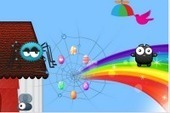
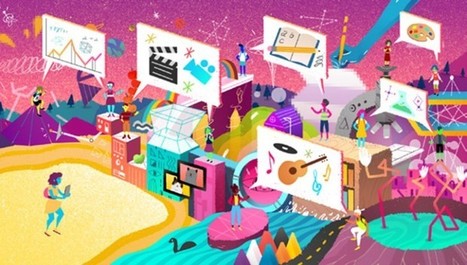
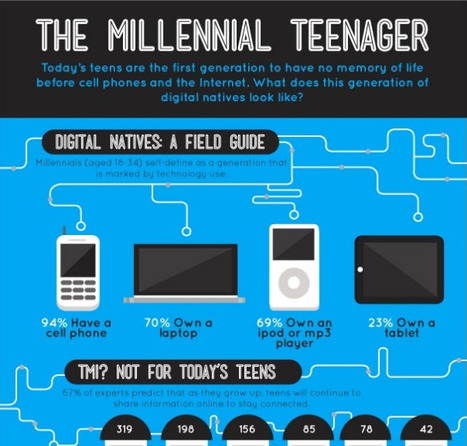




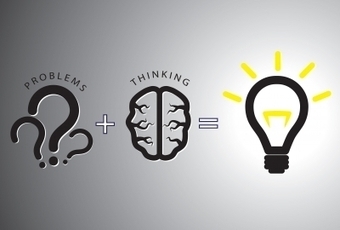


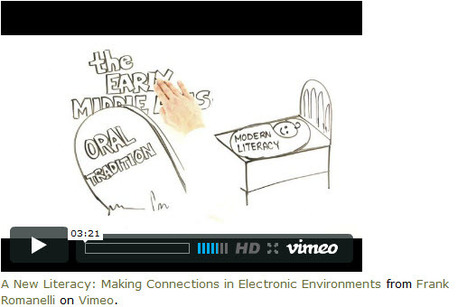





Annie Paul Murphy writes an intriguing article that looks at what may be happening to students as more and more technology becomes a part of the school day. Check out these two facts.
"One thousand: That’s approximately the number of instructional hours required of U.S. middle school and high school students each year.
Four thousand: That’s approximately the number of hours of digital media content U.S. youths aged 8 to 18 absorb each year."
Murphy discusses work done by Patricia Greenfield, a developmental psychologist at UCLA. One of her points is that education at school is "formal education" while the time students spend out of school using digital media is "informal education." If this is accurate then would schools be better off having students "read copious amounts of information."
There is a discussion on how video games build spatial skills and inductive reasoning, and may help "their ability to divide their attention among many things happening at once on the screen" and much more.
This article may make your brain work as you wrap your mind around the information that is shared. If you are looking for an article to discuss with other teachers this might be one to choose.